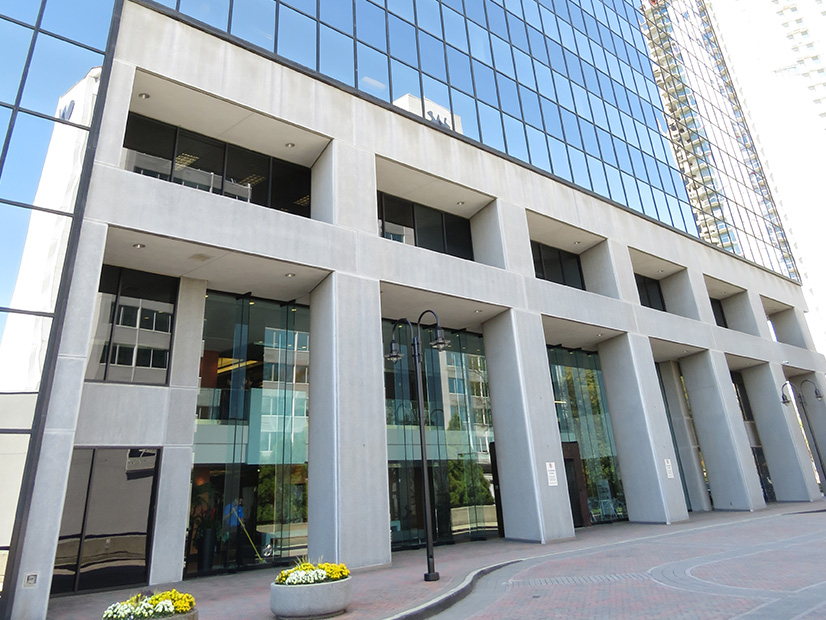At their quarterly meeting Dec. 6, members of NERC’s Reliability and Security Technical Committee rejected a proposal to endorse a standard authorization request (SAR) to update reliability standard EOP-005-3 (System restoration from black start resources) to better account for distributed energy resources.
NERC’s System Planning Impacts from Distributed Energy Resources (SPIDER) Working Group developed the SAR based on a recommendation in the ERO’s October 2022 Reliability Standards Review white paper, which the working group also developed. The group’s intended changes to EOP-005-3 would require transmission operators to consider the automatic responses of DERs when designing their system restoration processes.
But during the discussion of the SAR, several RSTC members said they were reluctant to endorse what they considered a lower-priority project, despite understanding the need to ensure DERs are accurately modeled in system planning. Southern Co.’s Todd Lucas reminded attendees that NERC’s Standards Committee “has got their hands full with … existing projects” and suggested that instead of “just [piling] more things in the hopper,” the RSTC could wait to send the SAR through.
“I’m questioning, does this one rise to the level of adding it into that hopper, or should we just take an opportunity to reprioritize and see where it falls out?” Lucas said. “Is it something we want to push forward now, or is it something that would be more effective if we pursued it later?”
After the motion to endorse the SAR failed — with 48% of the committee voting against, 41% voting for and 10% abstaining — RSTC Chair Rich Hydzik suggested that SPIDER rework the SAR and present it at the committee’s next meeting in March. Robert Reinmuller of Hydro One said it is important for the SAR to return to the committee as soon as possible.
“We don’t look good when we say, ‘Well, two years ago we thought this was important, and now we’re just going to ignore it for a little while,’” Reinmuller said. “Everybody knows today that as we add more DERs … and have more uncoordinated responses, and you don’t understand what a DER does or doesn’t do … the risk will continue to increase. So I think [this] document is very useful to create that clear visibility for every [generator operator] or every owner of assets that is connecting and operating DERs.”
PRC-006 SAR Approved for Comment Period
The EOP-005 SAR was the only one up for endorsement at the meeting; however, the committee did agree to post another SAR developed by SPIDER for a public comment period.
The SAR, also developed following the Reliability Standards Review paper, proposes to revise PRC-006-5 (Automatic underfrequency load shedding) to correct a potential danger to the grid from DERs tripping because of underfrequency load shedding (UFLS). This behavior could “impact the ability of the UFLS program to properly arrest a frequency decline,” SPIDER said.
SPIDER’s proposal noted that a minority of the group’s members felt it “should not be seeking posting or comment” on the SAR because other projects constituted a higher priority for the RSTC, but the committee approved its posting for a 45-day comment period.
The RSTC also approved several reference documents and security guidelines at the meeting:
-
- 6-GHz communication interference white paper — discussing the potential for communication in the 6-GHz radio spectrum to interfere with the energy industry;
- Product security sourcing guide and reference guide — helping asset owners identify and address potential cybersecurity vulnerabilities when purchasing grid control products;
- Electric vehicle technical reference document — presenting a model for understanding the impact to the grid of charging EVs; and
- Reliability guideline: fuel assurance and fuel-related reliability risk analysis for the bulk power system — providing information to help utilities ensure their fuel supplies are sufficient to ensure reliability.
The committee’s next meeting will be held in person at the Westin Gaslamp Quarter hotel in San Diego on March 13-14.




